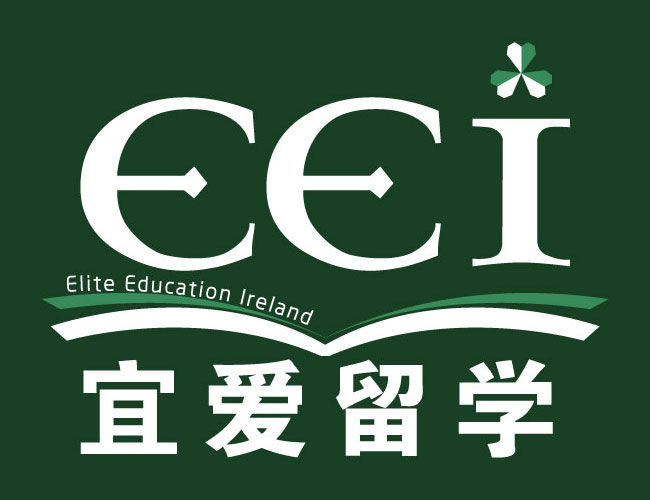Overall Employment Prospects
Irish universities attach great importance to students' futures and employment prospects after graduation. Ireland is a global innovation centre and key cutting-edge science and technology research is led by Irish universities. All major colleges and universities have career advice centres, which are closely linked with well-known enterprises, creating a high-quality, responsive employment platform for graduates. International students who graduate in Ireland can enjoy a graduation visa for up to 24 months after graduation, allowing them to start their career and consolidate their learning in Ireland. As Ireland is home to so many international companies, working with one of these can lead to further postings overseas.
European Headquarters of Multinational Companies
Ireland's investment environment is internationally recognised as world-class. Many global companies, such as HUAWEI, TikTok, Apple, Microsoft, Google, Johnson & Johnson, IBM, Facebook, PayPal and Amazon, have set up their European headquarters or R&D base in Ireland. In addition, 20 of the world's top 25 financial services companies are based in Ireland, 8 of the top 10 industrial automation enterprises have settled in Ireland and 14 of the top 15 pharmaceutical technology companies have chosen Ireland as their production base. Ireland has proved to be a powerful magnet for successfully attracting investment from leading enterprises and high-growth multinational corporations from around the world. Aside from Huawei and TikTok, 25 Chinese companies have recently chosen to establish operations in Ireland, including Wuxi Biologics (the largest life sciences investment by a Chinese company into Europe to date), Legend Biotech, Bank of China and ICBC.

